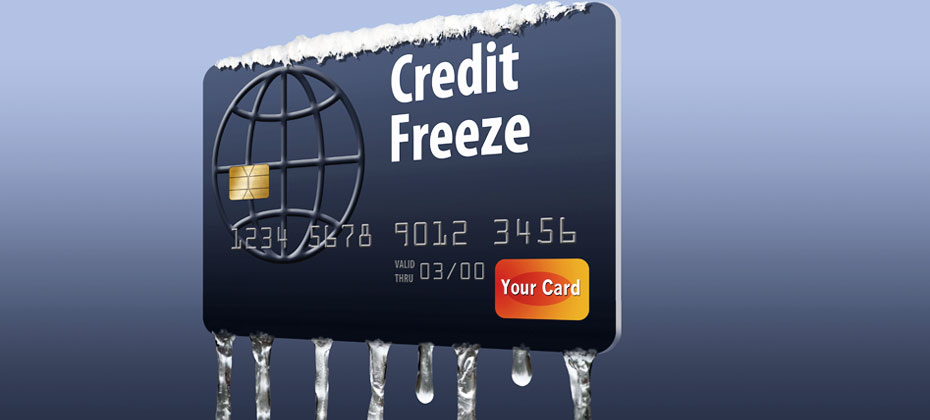Tag: credit freeze

Millions of Americans placed a credit freeze or restricted access to their credit file in recent months to keep identity thieves at bay. Credit freezes keep any new creditors from seeing a consumer’s credit file, which makes it nearly impossible for hackers to open new accounts fraudulently. But a credit freeze can also be problematic for consumers when they are finally ready to consider new credit products and loans. We’ve heard from credit unions and other lenders about sharing best practices to help streamline the process for consumers who want to permanently or temporarily lift the freeze to apply for a legitimate line of credit. Following are the three ways to help clients with a frozen Experian report quickly and efficiently allow access. Unfreeze account: This will remove the freeze entirely from the consumer’s credit report so that it may be accessed with the consumer’s permission. To do this, the consumer will need to contact Experian online, by phone or mail and provide his unique personal identification number (PIN) code—provided when the consumer froze his account—to un-freeze the report. Thaw account: An action that will temporarily remove the freeze for a timeframe determined by the consumer. The consumer should contact Experian online, by phone, or mail and provide his unique PIN code to thaw the report. Grant a creditor one-time access: A consumer may provide a different/temporary PIN to a lender to access the report just once. The PIN can be emailed to the consumer, presented on screen if the consumer is online, or provided on the phone or by mail. Typically, a consumer’s request to thaw or un-freeze his credit file online or by phone will thaw or un-freeze the file within minutes. Download Checklist Experian can be reached: Online: www.experian.com/freeze Phone: 888-397-3742 Mail: P.O. Box 9554, Allen, Texas 75013 Remember, if a consumer has a frozen credit file with all three credit reporting agencies, he will need to contact each agency to enable access to his report.

The U.S. Senate Banking Committee passed a financial regulatory relief bill (S. 2155) in December 2017 aimed at reducing regulatory burdens on community banks, credit unions and smaller regional banks. Committee Chairman Senator Mike Crapo (R-ID), sponsored the bill, which has strong bipartisan support, with 23 cosponsors (11 Republicans and 12 Democrats and an independent). The package is likely to be considered by the full Senate in early 2018. The legislation includes two provisions related to consumer credit reporting. Both were adopted, in part, in reaction to the Equifax data breach. As the bill moves through the legislative process during 2018, it will be important for all participants in the consumer credit ecosystem to be aware of the potential changes in law. One provision deals with fraud alerts and credit freezes for consumers and the other deals with how medical debt is processed for veterans who seek medical treatment outside the VA system. Credit Freezes The bill amends the Fair Credit Reporting Act to provide consumers with the ability to freeze/unfreeze credit files maintained by nationwide credit reporting agencies at no cost, and would extend the time period for initial fraud alerts from 90 days to one year. The credit freeze provisions would also establish a process for parents and guardians to place a freeze on the file of a minor at no cost. The bill would require the nationwide credit reporting agencies to create webpages with information on credit freezes, fraud alerts, active duty alerts and pre-screen opt-outs and these pages would be linked to the FTC’s existing website, www.IdentityTheft.gov. The credit freeze and minor freeze provisions would preempt State laws and create a national standard. Protections for Veterans The bill also incorporates a provision that would prohibit credit bureaus from including debt for health-care related services that the veteran received through the Department of Veterans Affairs’ Choice Program. The provision would cover debt that the veteran incurred in the previous year, as well as any delinquent debt that was fully paid or settled. The legislation would require a consumer reporting agency to delete medical debt if it receives information from either the veteran or the VA that the debt was incurred through the Veteran’s Choice Program. What’s next The bill now awaits consideration before the full Senate. Senate Majority Leader Mitch McConnell has said that the bill is a “candidate for early consideration” in 2018, but the exact timing of floor debate has yet to be scheduled. Once the package passes the Senate, it will need to be reconciled with the regulatory relief package that was passed by the House last spring.